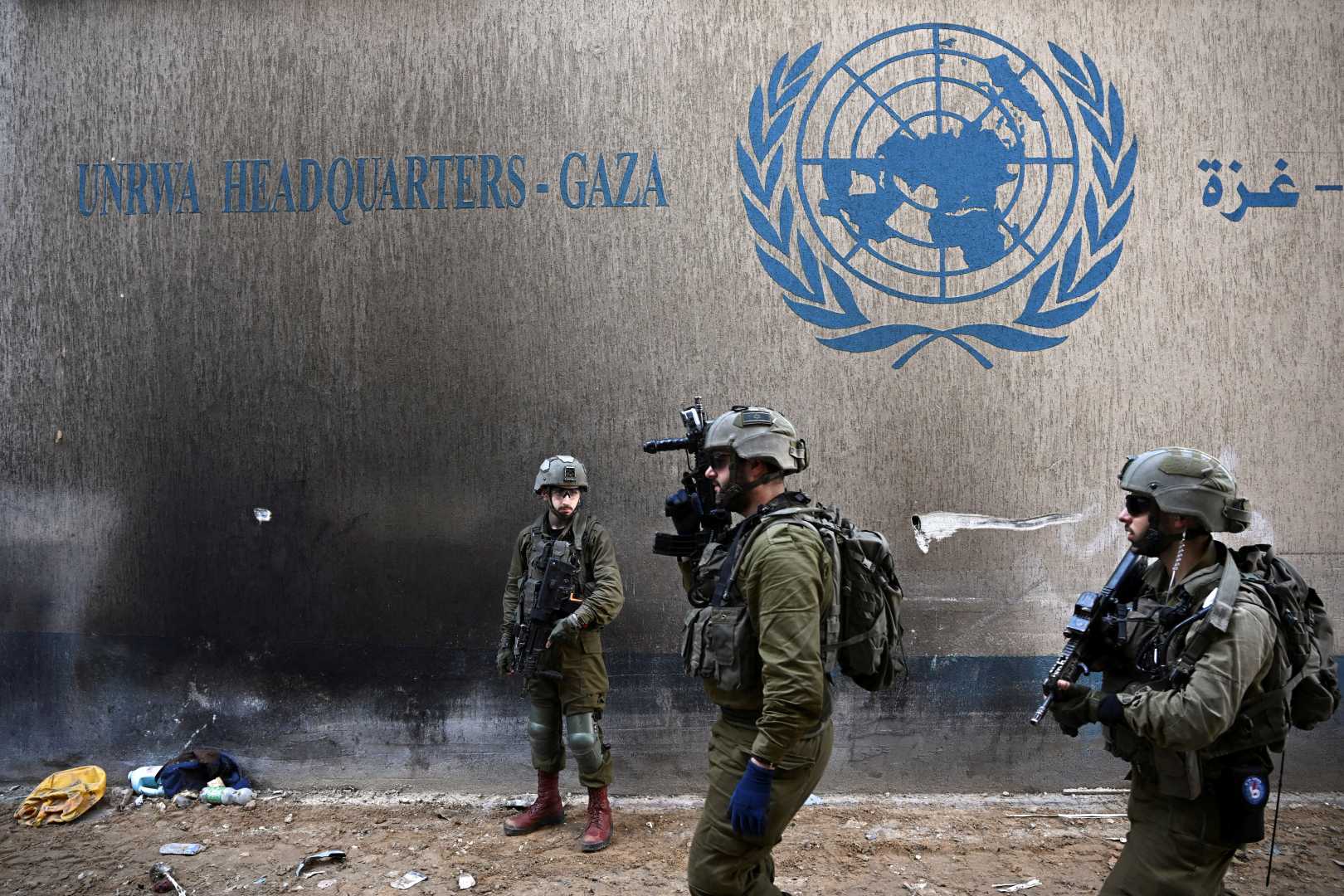News
Israel Bans UNRWA from West Bank and Gaza, Exacerbating Humanitarian Crisis

The Israeli Knesset has enacted legislation that effectively bans the United Nations Relief and Works Agency for Palestine Refugees in the Near East (UNRWA) from operating within Israel, including the occupied West Bank and Gaza. This move has sparked widespread international criticism and concerns about the worsening humanitarian situation in the region.
UNRWA, established in 1949, plays a vital role in providing humanitarian assistance to Palestinian refugees in Gaza, the West Bank, including East Jerusalem, and neighboring countries such as Jordan, Lebanon, and Syria. The agency offers essential services including education, healthcare, social services, and emergency relief to millions of Palestinians, many of whom reside in refugee camps.
The new laws prohibit Israeli officials from engaging with UNRWA and forbid the agency from performing any operations within Israel. This will significantly hinder UNRWA’s ability to secure entry permits necessary for its work in the occupied West Bank and Gaza Strip, and will obstruct the delivery of aid through Israeli territory to Palestinians in need.
The decision is rooted in Israel’s accusations that some UNRWA staff were involved in the Hamas-led attacks on southern Israel on October 7, 2023, which resulted in the deaths of approximately 1,200 individuals and the abduction of 250. Despite an inquiry by a UN oversight body leading to the dismissal of nine UNRWA employees, Israel has persisted in its criticism of the agency.
The humanitarian situation in Gaza has deteriorated significantly since the onset of Israel’s military campaign following the October 2023 attacks. Over 43,000 Palestinians have been killed, and around 90% of the population of 2.3 million have been displaced from their homes. Recent airstrikes, such as the one in northern Gaza that killed at least 60 Palestinians, including 25 children, have further exacerbated the crisis.
International reactions to the ban have been strongly critical. The U.S. State Department, along with other countries like Ireland, Norway, Slovenia, and Spain, has expressed deep concern over the potential humanitarian consequences. UN Secretary-General António Guterres has called on Israel to act consistently with its obligations under international law, emphasizing that national legislation cannot alter these obligations.
UNRWA officials and humanitarian organizations have warned that the ban could deliver a devastating blow to the humanitarian response in Gaza, where UNRWA is a lifeline for millions of people. The agency’s continued operation is seen as crucial for providing lifesaving assistance in the region.












